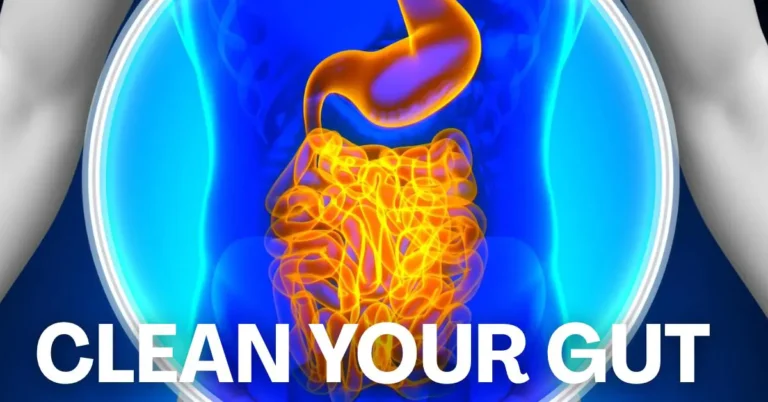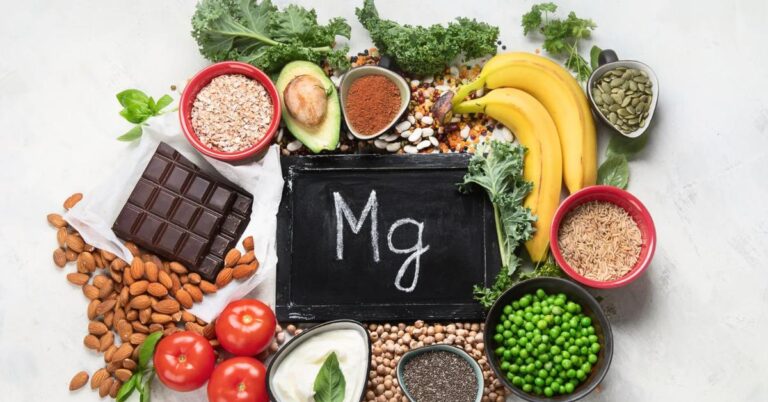This One Mineral Deficiency Could Be Why You’re Craving Junk
What if I told you, though, that cravings for junk food aren’t just the result of habit or willpower? It turns out that those strong appetites frequently have a biological explanation. And frequently, the cause is a straightforward nutrient shortage one mineral that your body is pleading for in silence. We’ll explore the link between why you’re craving junk food and this frequently disregarded mineral, why you might be lacking it, and how to naturally balance your urges without going through any deprivation.
Tasty and Easy Calorie Deficit Meal Ideas to Help You Lose Weight
The One Mineral Behind Your Junk Food Cravings
Indeed, magnesium plays a pivotal role in mitigating cravings. Its involvement in over 300 bodily functions, spanning from neurological well-being to energy production, is noteworthy. However, its significance in addressing this concern is particularly pronounced. Magnesium is essential for regulating mood, hunger, and blood sugar levels. When magnesium levels are insufficient, the body initiates signals indicating a deficiency, which can manifest as cravings, particularly for foods rich in sugar, salt, and carbohydrates.
Check symptoms for magnesium deficiency.
1. Why Magnesium Deficiency is So Common
Modern life isn’t exactly kind to our magnesium levels. Here’s why many people are running low without even realizing it. According to the National Institutes of Health, nearly 50% of Americans aren’t getting enough magnesium through diet alone.
- Processed foods are low in minerals (and make up a big part of the average diet)
- Stress depletes magnesium like crazy
- Caffeine and alcohol flush it out of your system
- Poor soil quality fewer minerals in fruits and veggies
- Gut issues can reduce absorption
2. Common Signs You May Be Low on Magnesium
Aside from junk food cravings, low magnesium can show up as. If you nodded at more than one of those, magnesium might be your missing link.
- Muscle cramps or twitching
- Anxiety or mood swings
- Trouble sleeping
- Fatigue
- Headaches
- PMS symptoms
- Constipation
3. How Magnesium Affects Your Cravings
- Balances blood sugar: Helps regulate insulin, preventing sugar crashes (aka the real reason for 3 p.m. cookie attacks)
- Supports dopamine production: Low magnesium = low dopamine = more “reward-seeking” behavior (read: junk food)
- Reduces stress and cortisol: Which means less emotional eating
- Improves sleep: And when you sleep better, you’re less likely to crave junk the next day
4. How to Replenish Your Magnesium Naturally
Top Magnesium-Rich Foods
- Dark leafy greens (spinach, Swiss chard, kale)
- Pumpkin seeds
- Almonds and cashews
- Avocados
- Black beans
- Dark chocolate (yes, really!)
- Bananas
- Quinoa
If your diet needs a boost, consider a high-quality magnesium supplement especially magnesium glycinate or magnesium citrate, which are gentle and well-absorbed. Avoid magnesium oxide it’s poorly absorbed and more likely to cause digestive upset.
5. What Happened When I Boosted My Magnesium
I used to crave sweets all. the. time. Afternoon sugar rushes were a daily thing until I started paying attention to my magnesium intake. After just a week of adding magnesium-rich foods (and taking a low-dose supplement), my cravings started to fade. No more late-night cookie raids. No more impulse trips to the drive thru. It wasn’t magic. It was biology.
6. What Else You Can Do to Reduce Cravings
- Stay hydrated – thirst often disguises itself as hunger
- Get enough sleep – sleep deprivation messes with hunger hormones
- Eat balanced meals – include protein, fat, and fiber to stay full
- Manage stress – meditation, walks, breathwork, whatever works for you
Conclusion
If you’re constantly eating junk food, your body might be trying to communicate a significant message, such as “Hey, I need more magnesium.” By recognizing how this crucial mineral impacts your appetite, you can break the cycle of guilt and junk food binges and start nourishing your body.






